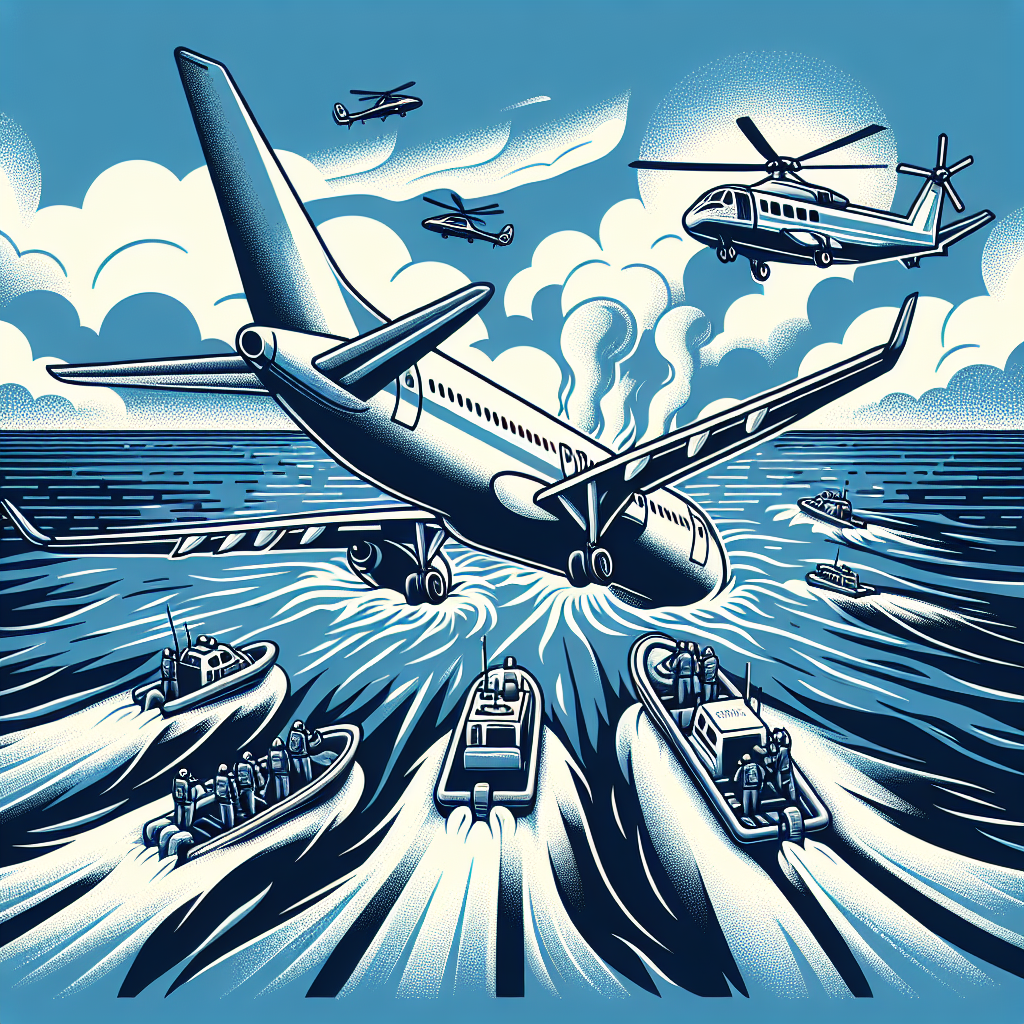Bird Strike and Engine Shutdown: Unveiling the Jeju Air Tragedy
The Jeju Air crash in December followed a bird strike, leading to a belly landing and a subsequent fire. Investigators suggest pilots may have mistakenly shut down the less damaged engine. The accident killed all but two on board. A final report is expected in June.

The deadly Jeju Air crash in December, resulting from an emergency landing gone wrong, continues to stir controversies and questions. Investigations by South Korean authorities reveal the plane crashed after the pilots shut down the less damaged engine of the Boeing 737-800, possibly leading to a catastrophic outcome.
Initial findings from the Aviation and Railway Accident Investigation Board highlight that both engines suffered bird strike damage, yet the right engine, despite emitting smoke and flames, provided enough power for continued flight. The left engine, shut down mere seconds after the bird strike, reportedly could have still been operational.
As the probe into South Korea's deadliest air disaster progresses, questions around potential pilot error and structural issues on the runway persist. Global standards and navigation equipment regulations on impact structures are now being revisited to prevent future tragedies as families await the board's final report due in June.










